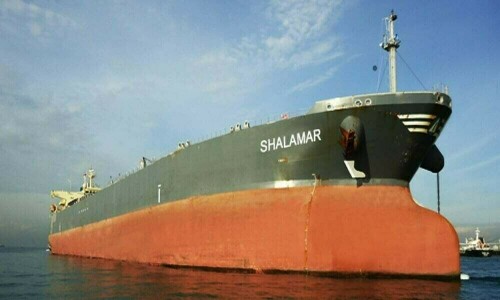PNSC Aims to Generate $700 Million Via Fleet Expansion
The Pakistan National Shipping Corporation (PNSC) anticipates generating roughly $700 million in freight revenue by expanding its fleet to 34 vessels over the course of the coming three years.
This projection was shared during a recent high-level meeting led by the Federal Minister for Maritime Affairs, Muhammad Junaid Anwar Chaudhry, according to an official statement.
During the session, the minister learned that PNSC is presently responsible for about 11% of the nation’s cargo by volume and 4% by value. The national carrier’s new objective is to increase its cargo handling to 52% by volume and 43% by value (excluding containerised cargo) within the next three years.
PNSC, established in 1979 through the merging of the National Shipping Corporation (NSC) and the Pakistan Shipping Corporation, functions as Pakistan’s national flag carrier. Its primary focus is on the global transportation of dry bulk and liquid cargoes, operating under the Ministry of Maritime Affairs, Government of Pakistan.
While presenting the business strategy, the federal minister emphasised that PNSC should develop into a technologically sophisticated, globally competitive, and environmentally sustainable organisation that adheres to global maritime standards.
According to the statement, the government is considering a gradual process for renewing and enlarging PNSC’s aging fleet in order to increase cargo capacity, fuel efficiency, and adherence to International Maritime Organization (IMO) standards, especially those pertaining to ballast water management and carbon emissions.
The minister suggested closer cooperation among PNSC, Karachi Shipyard & Engineering Works, and regional industries for the local construction of contemporary cargo ships, oil tankers, and container carriers.
The strategy calls for making use of public-private partnerships, maritime leasing arrangements, and accessing international green shipping funds to finance the modernisation initiatives.
The minister emphasised the significance of digital transformation in maritime operations, including the use of platforms like Pakistan Single Window (PSW), Vessel Traffic Management Systems (VTMS), blockchain-based documentation, e-logistics solutions, and real-time cargo tracking systems to improve transparency, security, and efficiency. The reform agenda places a strong emphasis on environmental sustainability.



Comments (0)
No comments yet. Be the first to comment!
Leave a Comment